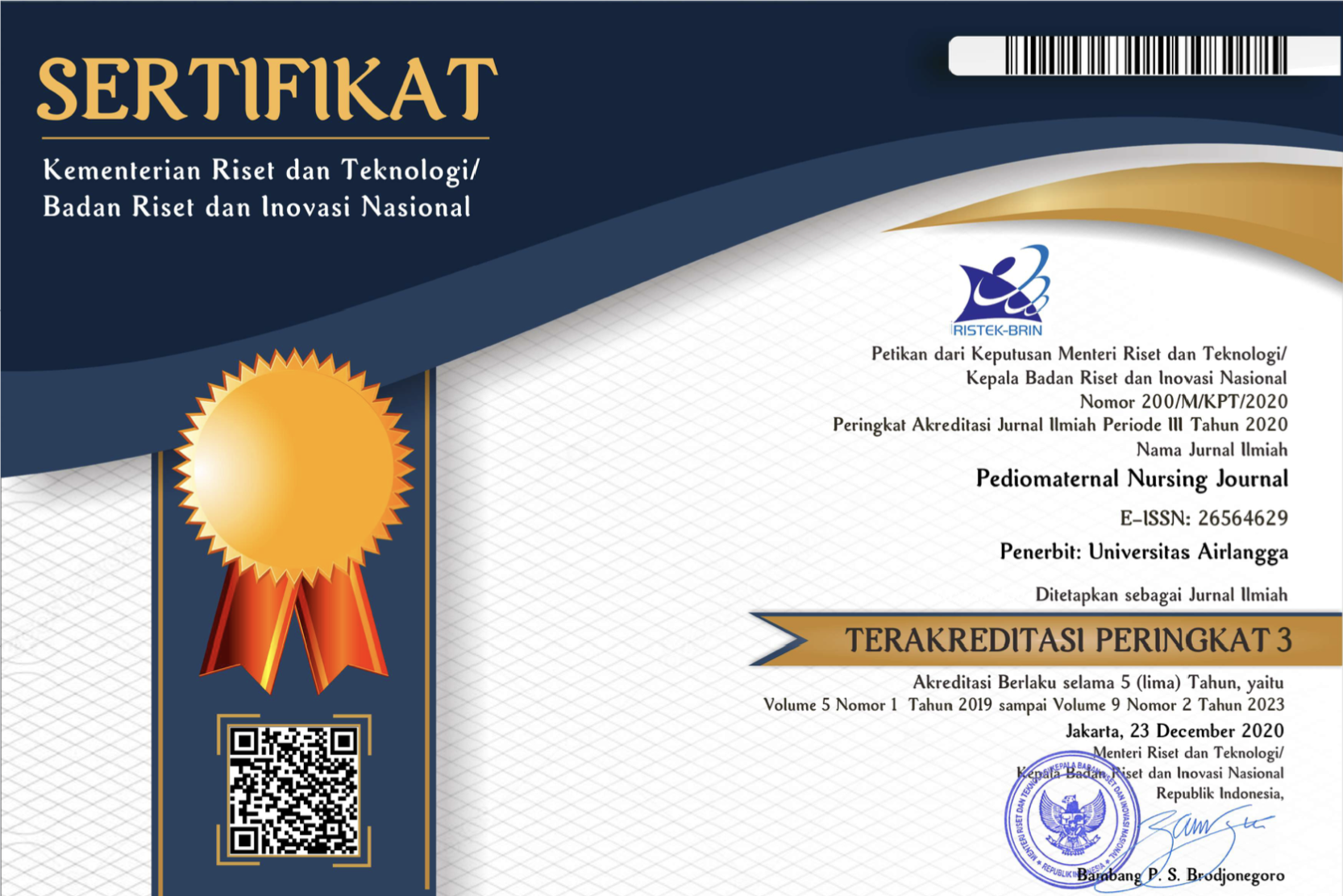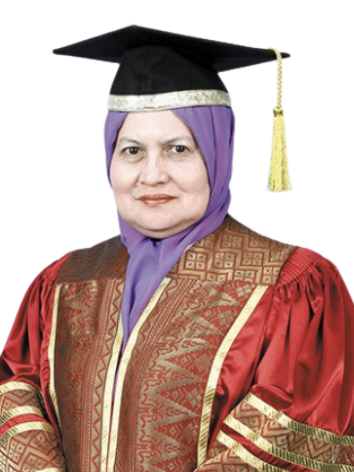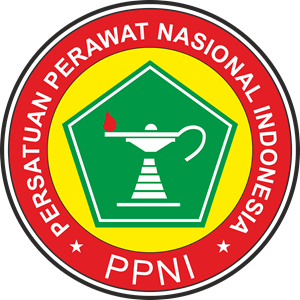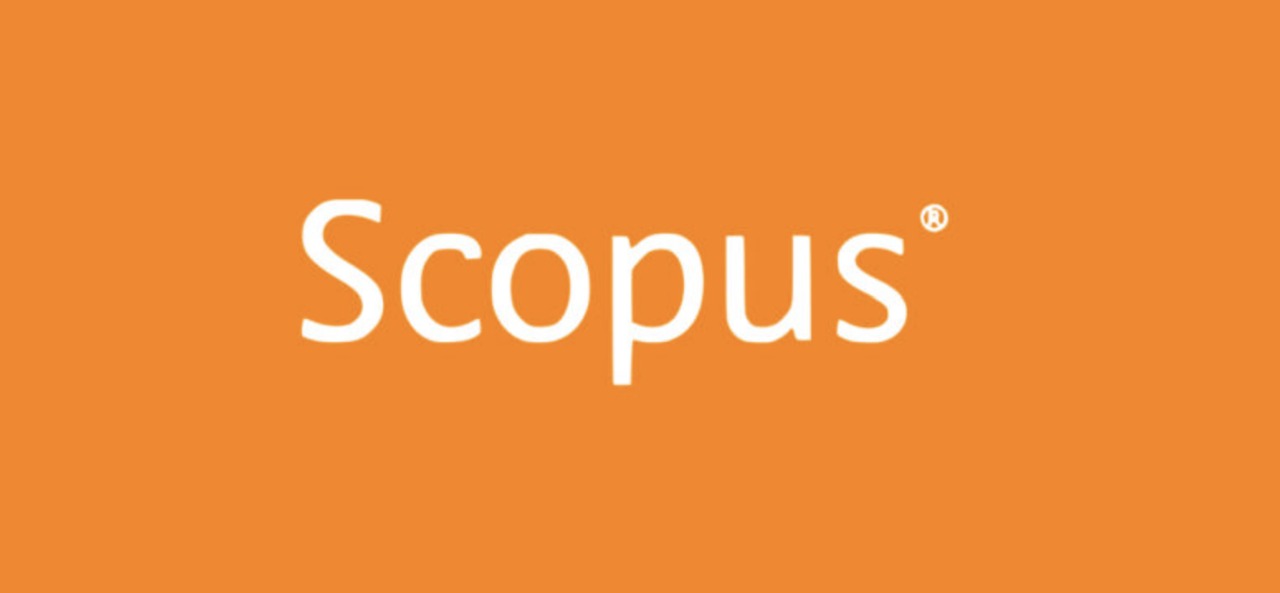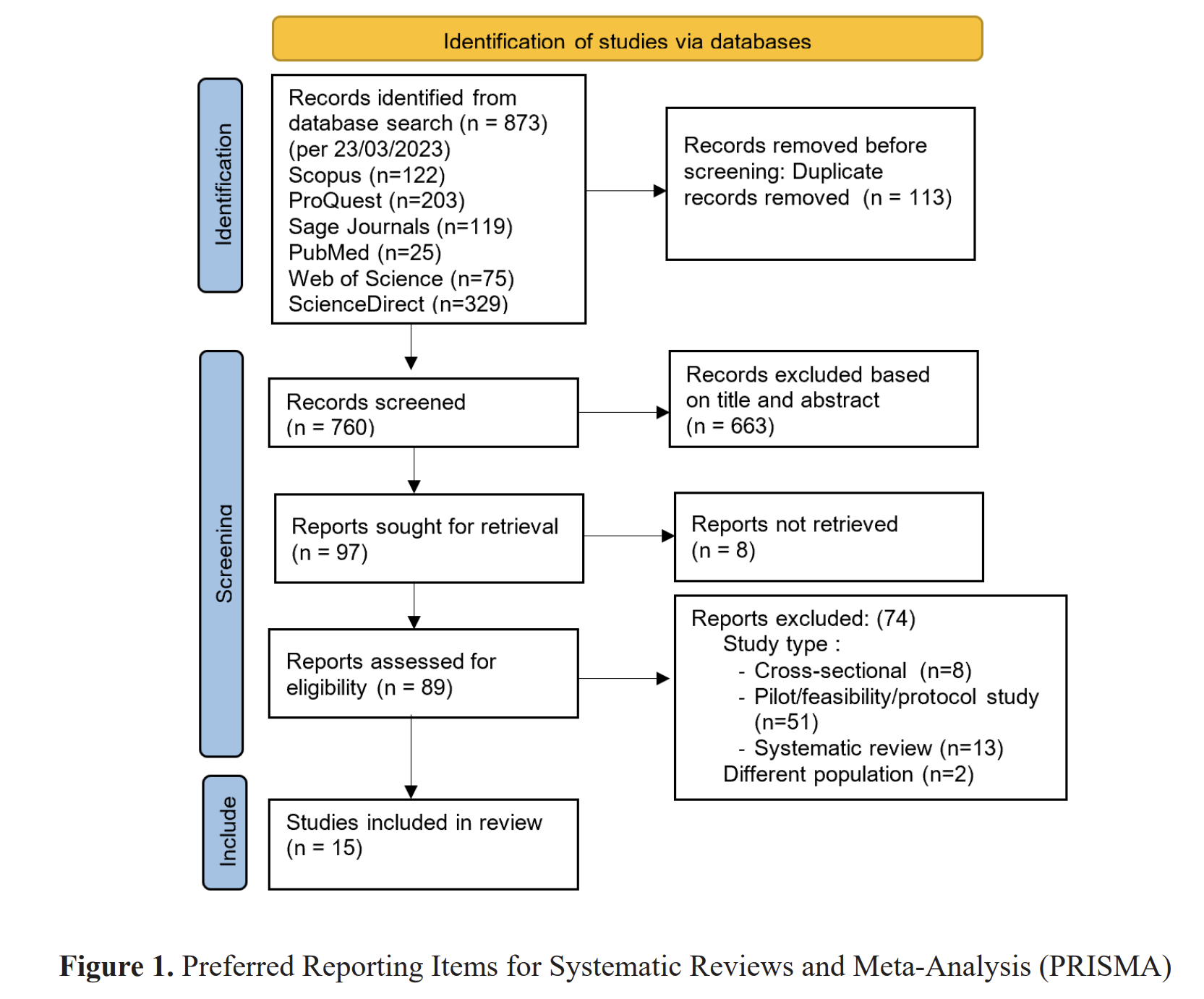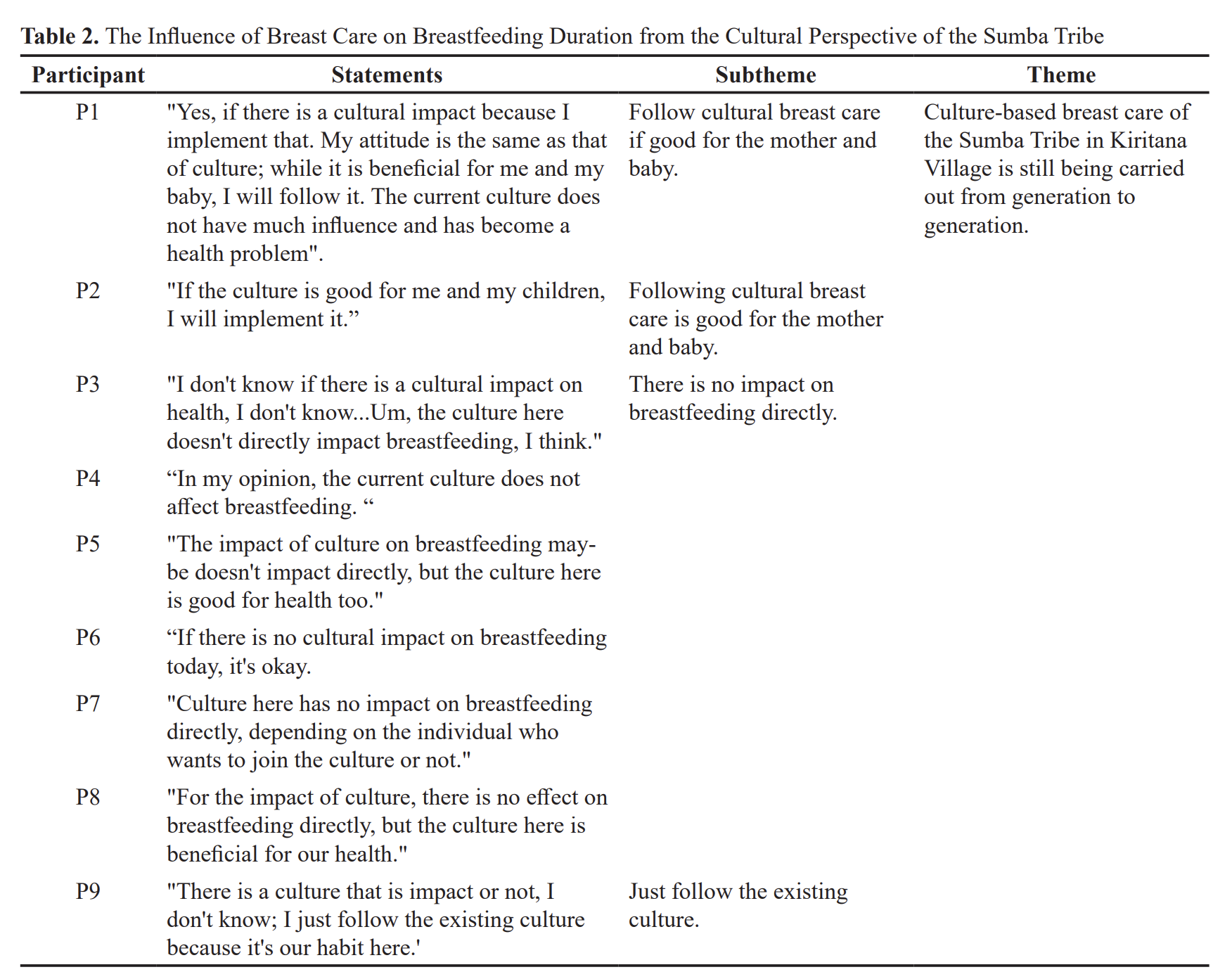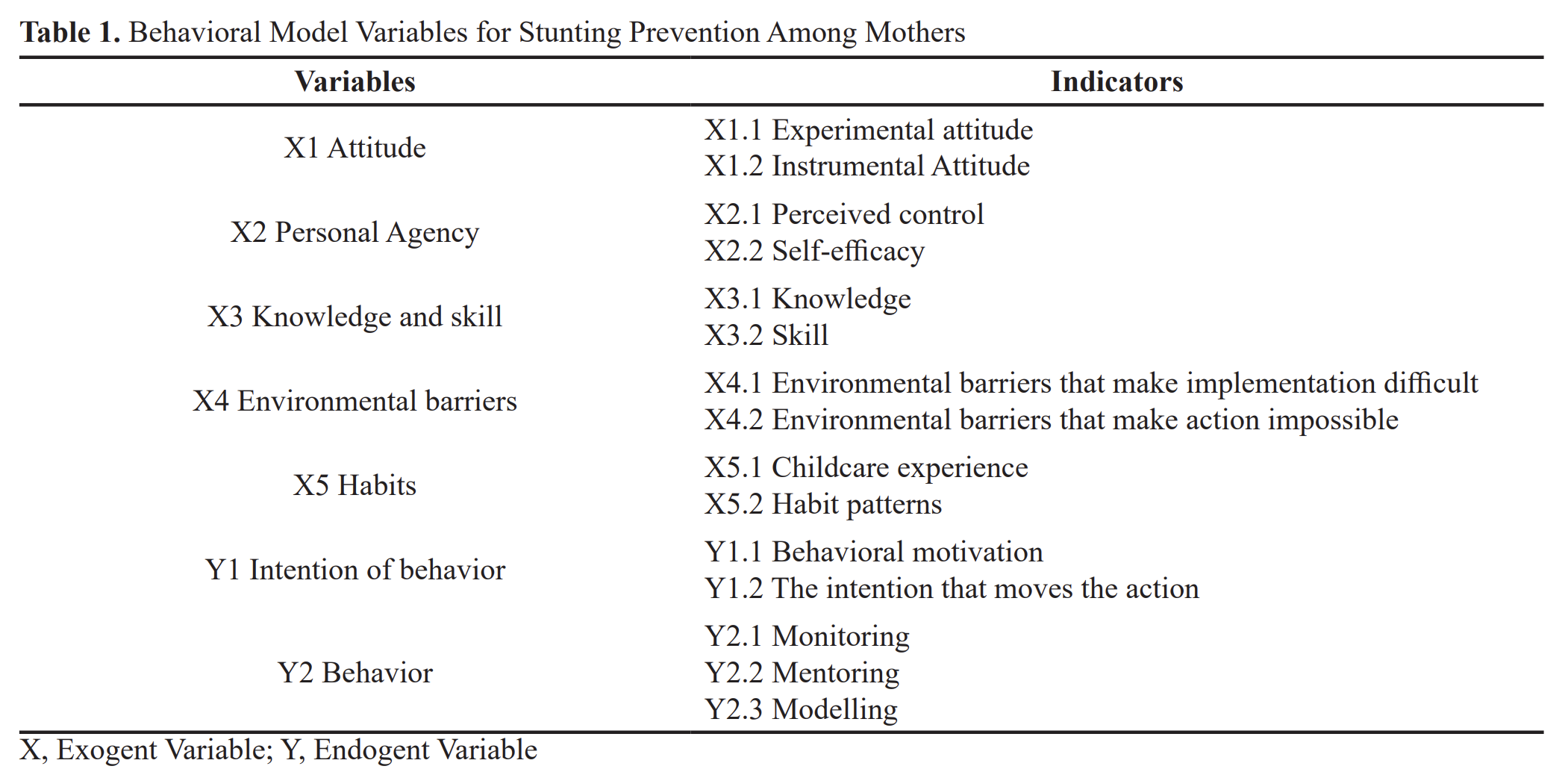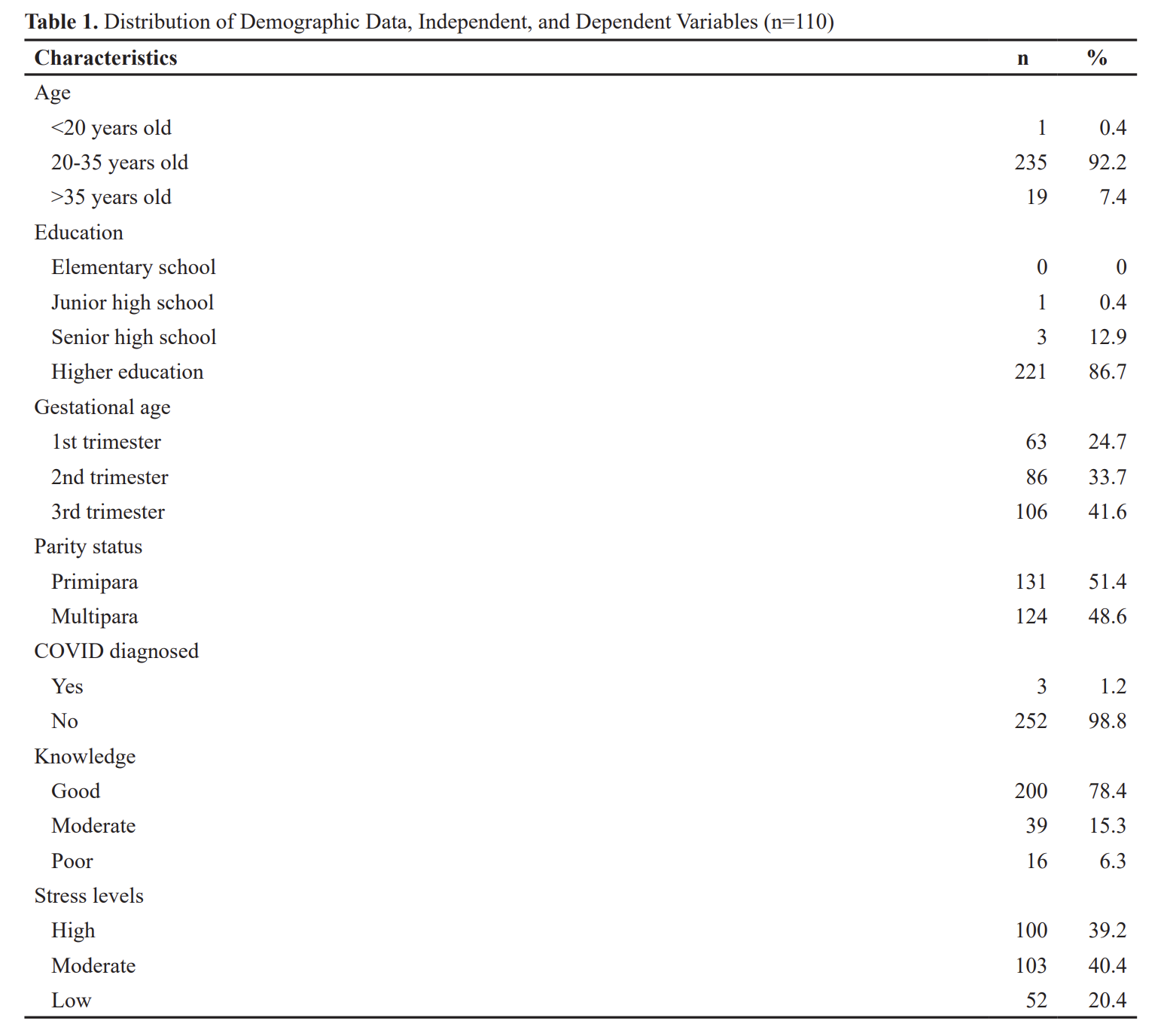Mobile application intervention to improve nutritional literacy of mothers with stunting children: A systematic review

Downloads
Introduction: The lack of maternal nutritional literacy has a high impact on the health of stunted children. This can be overcome by providing information to the mother with the help of a mobile application. The purpose of this review is to identify and systematically analyze mobile application interventions on maternal nutritional literacy, including increasing knowledge, attitudes, and feeding practices in stunted children.
Method: This systematic review was based on PRISMA, with inclusion criteria including samples of stunted children aged under 5 years, mobile application interventions, and measures of knowledge, attitudes, and practices. Most of the studies in this review utilized randomized controlled trial (RCT) designs. The literature search was conducted using multiple databases, including Scopus, Web of Science (WoS), EBSCO, ProQuest, and PubMed. The search was restricted to full-text articles published between 2018 and 2022.
Results: There are 3 forms and media of mobile application interventions. This systematic review shows that mobile application interventions significantly improve maternal literacy related to increasing knowledge, attitudes, and practices in mothers with stunted children, the duration of mobile applications used in each session is 1 minute to 25 minutes per week. With application content on nutritional principles based on children's age, the introduction of appropriate complementary foods and semi-solid foods according to age, food diversity, and providing special supplementary foods and infant and child feeding training (IYCF).
Conclusions: The form and media of application video intervention and counseling in mobile application intervention show a positive impact in increasing nutritional literacy in mothers including knowledge, attitudes, and feeding practices for stunted children under 5 years old.
Keywords: mothers with stunted children; mobile application; nutritional literacy
Copyright (c) 2024 Diana Sukmawati Hasan, Yuni Sufyanti Arief , Ilya Krisnana

This work is licensed under a Creative Commons Attribution 4.0 International License.
1. The journal allows the author to hold the copyright of the article without restrictions.
2. The journal allows the author(s) to retain publishing rights without restrictions.
3. The legal formal aspect of journal publication accessibility refers to Creative Commons Attribution (CC BY).

